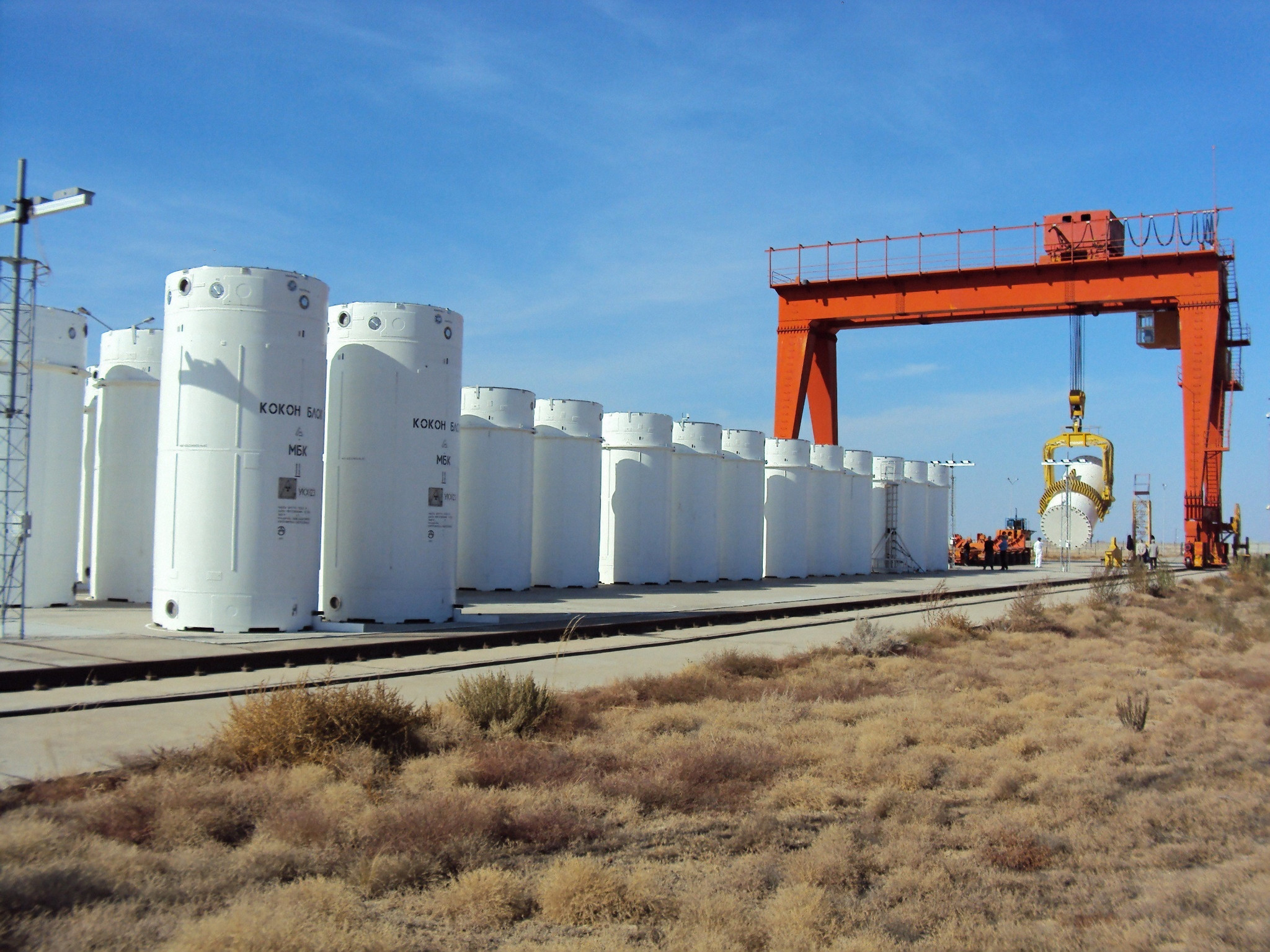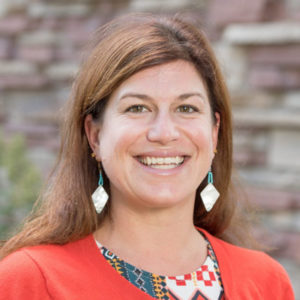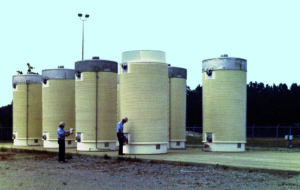
This story is based on a news release developed by Boise State University.
Spent nuclear fuel from commercial nuclear power plants is currently stored at nuclear facilities across the country. As part of a U.S. Department of Energy study, Colorado State University is partnering with Boise State University to research how to improve the approach of locating these storage facilities by encouraging meaningful community engagement and participation in decision-making to enhance environmental equity.
Led by BSU’s Energy Policy Institute, the study will look at consent-based siting approaches for consolidated interim storage of spent nuclear fuel. Part of a $26 million investment, the project will support the work of 13 partners serving as information, engagement and resource hubs.
Establishing ‘Common Ground’

The newly established consortium – named Common Ground — will include eight universities — including the University of Wyoming, Montana State University, Arizona State University, Idaho State University, University of Idaho, University of Michigan — as well as the National Tribal Energy Association, and industry and public sector partners.
The Common Ground team also includes CSU’s Center for Environmental Justice founding Co-Director Stephanie Malin and Program Manager Mindy Hill.
“As part of this interdisciplinary team that spans the West, the CEJ and I hope to amplify environmental justice and health considerations in discussions of nuclear waste storage,” said Malin, an associate professor specializing in environmental and natural resource sociology, governance and rural development. “We also aim to assure that the team centers and prioritizes the multi-generational experiences of communities still impacted by the tragic legacies of the nuclear fuel cycle, such as uranium contamination and energy colonialism.”
An important juncture

The policy arm for the Center for Advanced Energy Studies, the EPI is a non-partisan and evidence-based center that specializes in the social and technical dimensions of energy system change. EPI Director Kathy Araújo, the lead investigator for the project and professor of Sustainable Energy Systems, Innovation and Policy at Boise State, will work with Co-PI EPI Assistant Director Cassie Koerner, along with a broad, multi-institutional team to develop briefings and establish the consortium.
“The United States is at an important juncture in terms of how we store and manage nuclear waste,” Araújo said. “With this initiative, we will draw on practical insights from historical and current examples of large/complex infrastructure siting with our partners and collaborating communities to put forward recommendations for consent-based siting that accounts for local knowledge and priorities.”
DOE competitively selected diverse awardees from varied regions of the country that will each receive $2 million to explore better practices for siting interim storage facilities. Awardees will establish consent-based siting consortia that will elicit input to refine the department’s consent-based siting process, lead community and stakeholder engagement efforts, and develop strategies that support mutual learning.